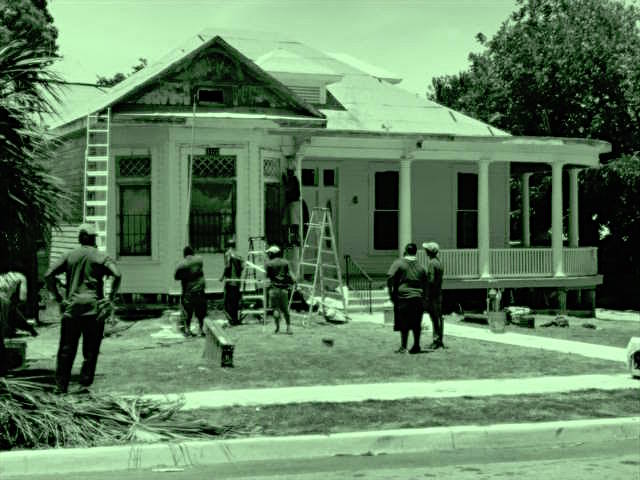by Jordan Ghawi Twitter: @JordanGhawi
After nearly five months, the 86th Legislature has come to an end. A total of 7,324 bills were introduced in both the House and Senate with 1,429 of those heading to the Governor’s desk for action (19.5% passage).
HB2439 (Building Materials Bill)
Update: The San Antonio Development Services Department (DSD) is issuing a Rule Interpretation Decision (RID) that says NCDs designated by the city prior to April 1, 2019 are protected from the new rules in the building materials bill. Full Bill
Recap: Originally filed, this bill was of great concern as it could have killed NCDs and other districts. This was not the author’s intent and the bill was amended to exclude such designations. Historic districts and some NCD districts are excluded for now.
Bill text: https://capitol.texas.gov/tlodocs/86R/billtext/pdf/HB02439F.pdf#navpanes=0
Senate vote: 26 Yeas, 5 Nays
House vote: 133 Yeas, 9 Nays, 1 PNV
Recap: Originally filed, this bill was of great concern as it could have killed NCDs and other districts. This was not the author’s intent and the bill was amended to exclude such designations.
Bill text: https://capitol.texas.gov/tlodocs/86R/billtext/pdf/HB02439F.pdf#navpanes=0
Senate vote: 26 Yeas, 5 Nays
House vote: 133 Yeas, 9 Nays, 1 PNV
HB3432 (Partisan Municipal Elections) Status: Dead – Expect this to be filed again in the 87th Legislature
Bill text: https://capitol.texas.gov/tlodocs/86R/billtext/pdf/HB03432I.pdf#navpanes=0
Recap: Bill would require candidates for municipal office to declare party affiliation. Party affiliation would also be required to appear on the ballot next to the candidate’s name.
HB2496 (Municipal Historic Designation)
Status: Signed into law with immediate effect
Recap: Initially filed, a municipality would not be able to designate a property as a historic landmark without homeowner’s consent. T1NC and others contacted the bill’s authors and committee members to
voice opposition to this bill. Enrolled version of the bill allows a municipality to designate a property as historic with homeowner’s consent or three-fourths vote of the governing body of the municipality and the zoning, planning, or historical commissions of the municipality. This closely mirrors the City’s process with exception of zoning and historic, which currently requires a simple majority (51%).
Bill text: https://capitol.texas.gov/tlodocs/86R/billtext/pdf/HB02496F.pdf#navpanes=0
Senate vote: 25 Yeas (Flores), 6 Nays (Menéndez)
House vote: 124 Yeas (Alison, Gervin-Hawkins, Larson, Pacheco, Lopez, Cortez, Martinez-Fischer), 11 Nays (Bernal, Minjarez), 3 PNV
HB3778 (Short-term Rentals)
Status: Dead – Expect this to be filed again in the 87th Legislature
Recap: Would restrict the authority of municipalities to regulate short-term rental units and would cap the allowable fee for registration of these units at the lesser of the amount needed to cover administrative costs or $450
Bill text: https://capitol.texas.gov/tlodocs/86R/billtext/pdf/HB03778I.pdf#navpanes=0
HB2730 (Anti-SLAPP)
Status: Awaiting action from Governor
Recap: The original bill stripped away many of the important aspects of the Texas Citizens Protection Act (TCPA). After substantial opposition from first amendment organizations, the bill was amended favorably. The only outstanding question on this bill is whether or not TCPA defendants are able to have their legal fees covered through pro-bono representation or a contingent-fee counsel.
Bill text: https://capitol.texas.gov/tlodocs/86R/billtext/pdf/HB02730F.pdf#navpanes=0
Senate vote: 31 Yeas, 0 Nays
House vote: 143 Yeas, 1 Nays, 2 PNV
T1NC plans to expand our legislative presence for the 87th Legislature to ensure that neighborhoods continue to be protected, empowered, and heard.
I look forward to working with you all more in-depth to accomplish these goals.

